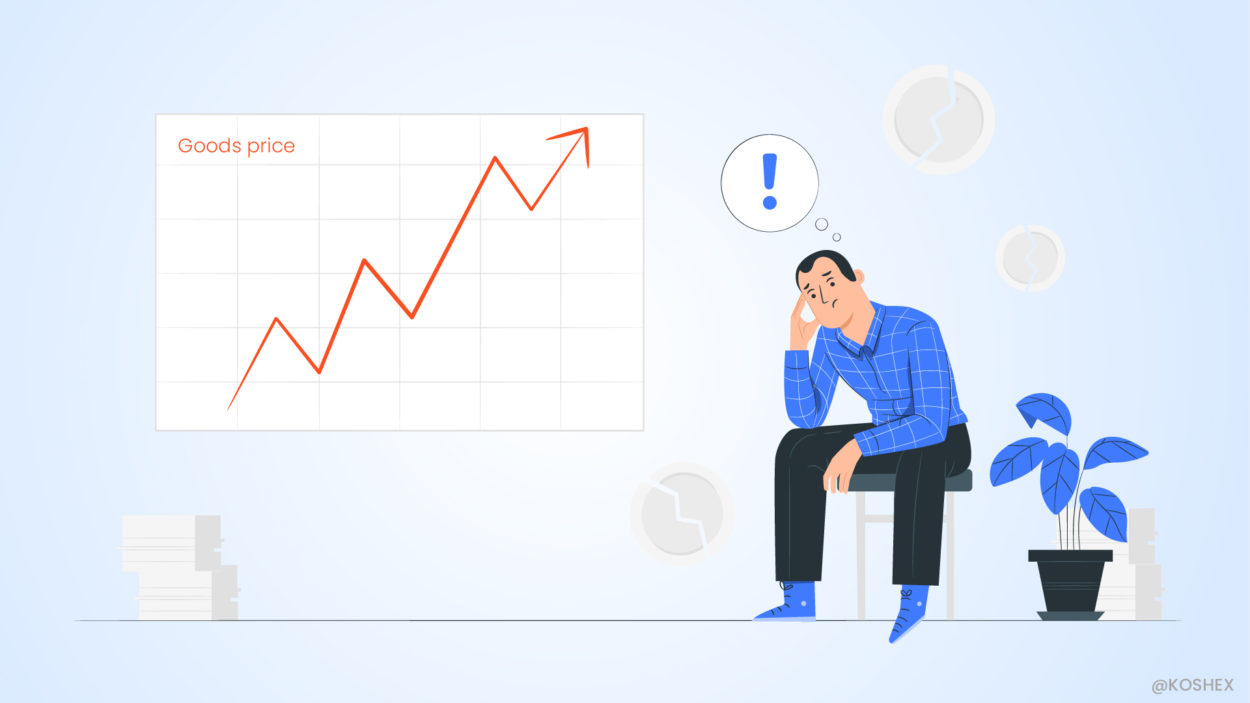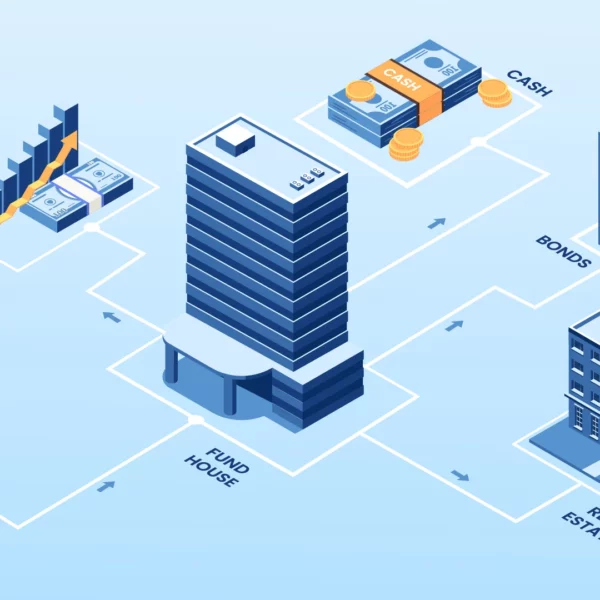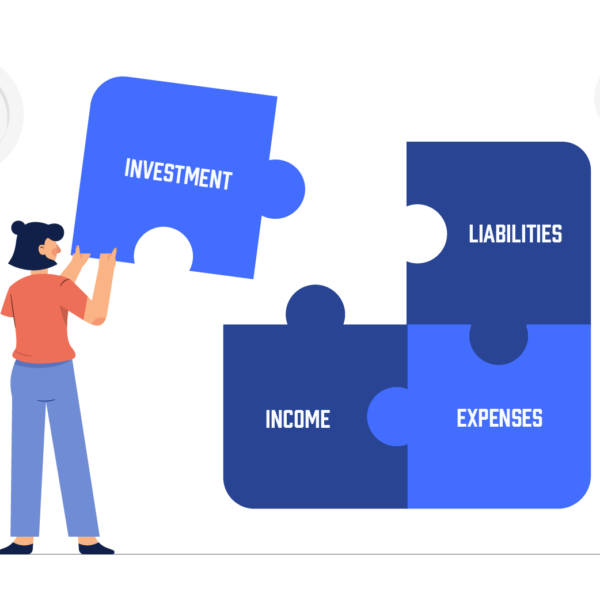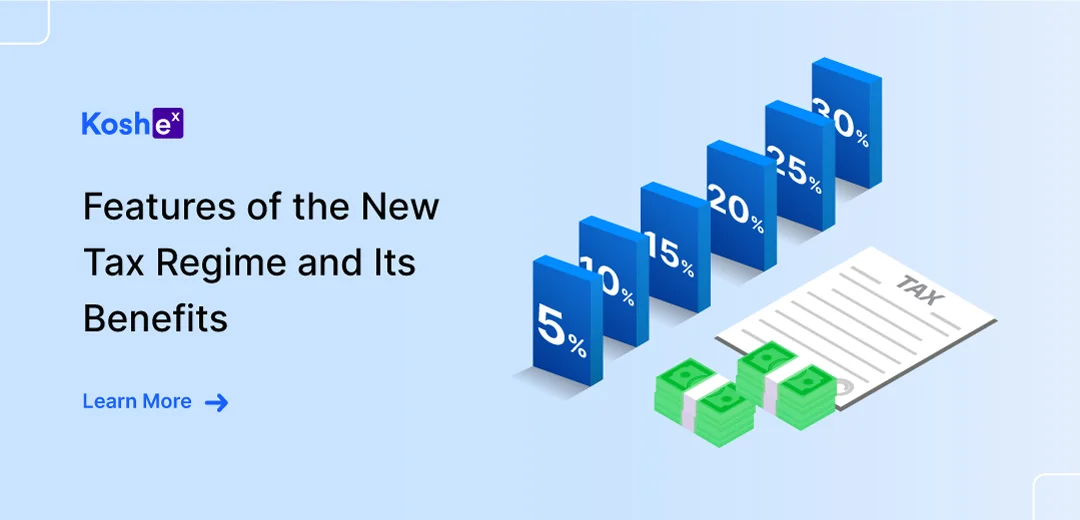Don’t our parents often go into a spiral of nostalgia remembering the good old simple days? As they do, they almost always end up comparing how the prices of items have skyrocketed over the past few decades. The simplest examples are those of grocery items whose prices have doubled or tripled in the last ten years. If you are wondering why it happens, you have inflation to blame. In case you are wondering what is the meaning of inflation keep reading to find out all there is to know about it.
What is Inflation?
Inflation refers to the rise in the prices of goods and services over a specific period of time. It does not indicate the rise in the price of one particular good or service. Instead, you will generally find inflation with respect to a specific sector, like the automotive industry or the agriculture sector.
Why Is It Crucial to Understand Inflation?
Have you noticed how the purchasing power of the rupee has changed in the last couple of years? The value of your INR 500 bill has gone down, and today, you can buy a lot less when you spend it. It is the significant impact of a high inflation rate, and it is also the reason why it matters to everyone.
You may find it unsettling, but economists say that a moderate inflation rate is always welcome. It encourages consumers to save their money or invest it. Otherwise, they would hoard it in their homes and reduce the money circulating in the economy. It would lead to a shortage of goods and, in some cases, disrupt the cycle of demand and supply. The more that this cash flows, the healthier is the country’s financial wellbeing.
Although moderate inflation is good, if left unchecked, it can topple a country’s economy. For instance, Venezuela’s inflation rate hit over 1,000,000% a month in 2018. It was devastating for the country and forced countless citizens to flee the country. Let us understand why inflation happens in the first place and how it can impact an ordinary citizen like yourself.
What Is the Cause of Inflation?
In contrast to popular belief, there is no one reason for inflation that can be singled out. Instead, it is driven by a combination of many factors. Here is a brief overview of some aspects that indirectly and directly result in an increase in the inflation rate.
- In what is a no-brainer, an increase in the cost of production of goods and services will directly impact the prices of goods and supplies.
- When there is an increase in the demand for certain products and services and the supply-side is unable to keep up with the demand, the result can be an upward movement of prices.
- The printing of more money by the central bank of a country. Although it may not directly cause the increase in inflation rate, it does have an indirect effect on the prices of goods and services. When the masses have more money to spend, firms end up increasing the prices.
- Inflation has an inverse relationship with unemployment in the country. When more people are earning, there is more spending, and as a result, the demand is also high.
As seen here, a myriad of causes can result in inflation occurring in a country. Each of these factors inadvertently impacts one another, with inflation being the by-product.
Inflation Rate in India
Despite the market sentiment of India’s high retail inflation rate, it dropped in December 2020 to 4.59% year-on-year. It was the lowest it had been in 15 months and plummeted from a high of 6.93% in November.
For the first time since March, the prices could remain within the central bank’s 2% to 6% target range. It happened mainly due to a slowdown in the cost of food (3.41% versus 9.50%). Price inflation, which is miscellaneous, also eased to 6.60% from its original 6.94%.
Meanwhile, for items like intoxicants, tobacco, and pan, prices rose from 10.36% to 10.74%. For housing, the inflation rate dropped from 3.21% to 3.19%. For light and fuel, the drop was stark from 2.99% to 1.90%. For both footwear and clothing, the inflation rate declined from 3.49% to 3.30%. In fact, on a monthly basis, consumer prices dropped by 1%, which was the first monthly drop since the month of May.
The image below shows the estimated quarterly inflation in India Q4 FY 2021-Q3 FY 2022, by sector.
As a consumer, the most important figure for you is the Consumer Price Index (CPI), which indirectly indicates the percentage rise in your expenses.
Will Inflation Eat up My Savings?
For most people, the worry is that rising prices can eat into one’s savings. And for a good reason. Although inflation cannot literally take out money from your savings account, it can reduce your purchasing power and impact your lifestyle.
For instance, you may feel that saving INR 1,50,000 each year will help you enjoy the same lifestyle after your retirement. However, when we consider inflation, this amount may not be enough. You can expect your INR 80 coffee you bought this morning to cost INR 120 in 20 years.
In short, inflation, depending on the rate, has the potential to eat into your savings. Luckily, there are ways in which you can prevent the rate of inflation from eating up your savings.
Turn Toward Riskier Investments:
Risk is a double-edged sword. While it can lead to losses, it can also offer considerable returns to those who invest carefully. Although it is not recommended that you fill up your portfolio with only high-risk investments, it is vital to not ignore them because of their ambitious returns. When you receive healthy interest payments to offset the rising costs of living that are brought on by inflation, you are securing your future self financially.
Diversify Your Portfolio:
This is among the oldest adage that exists for investors. If you put all your eggs in a single basket, so to speak, you are putting yourself at a massive risk of losing your money if your investment instrument were to fail. When it comes to inflation, diversification of your portfolio will help you in optimizing your risk.
Remain Invested for a Long Time:
If you believe you need to cash on your investments as soon as you retire, reconsider this proposition. If you remain invested, you will continue to see a hearty rate of return while keeping up with the rising cost of living. Of course, the older you get, the more you should modify your portfolio to include more conservative stock choices, but make sure you do not give up on these long-term investments.
Shorter Maturity Bonds:
When you invest in shorter maturity bonds, these typically aren’t too affected by inflation. While it is true that long-term bonds usually come with higher interest rates, these are also often more vulnerable to inflation. Wondering why this is? Bonds tend to show returns at a fixed rate. If the inflation rate exceeds this, then your rupee is not as much at maturity as it was when you initially purchased the bond.
Assess Your Expenses Realistically:
One of the crucial aspects of looking at whether or not inflation will impact your finances is to assess what your future will be. The best way to do this is by creating a budget showcasing your current expenses. Recalculate these based on the anticipated inflation rate in addition to any other costs (spouse and dependents) to know what your future payments will look like. This exercise will tell you if the rate of inflation will actually eat into your expenses or not. This calculation will also help you make informed investment decisions.
Key Takeaway
As demand for products increases over time, inflation is inevitable, but it can ebb and flow. By restricting the supply of money a bit too much, one can stifle a nation’s economic growth. It is the primary reason why central banks tend to decrease their interest rates to boost their economy.
Hence, curbing inflation is an effective balancing act that central banks are constantly involved in. These banks monitor the economy very closely and carefully introduce monetary policies to assess where it is headed. As stated before, though, regular saving and investing practices should always be followed so one can make the most of their income in retirement.









Leave a Comment